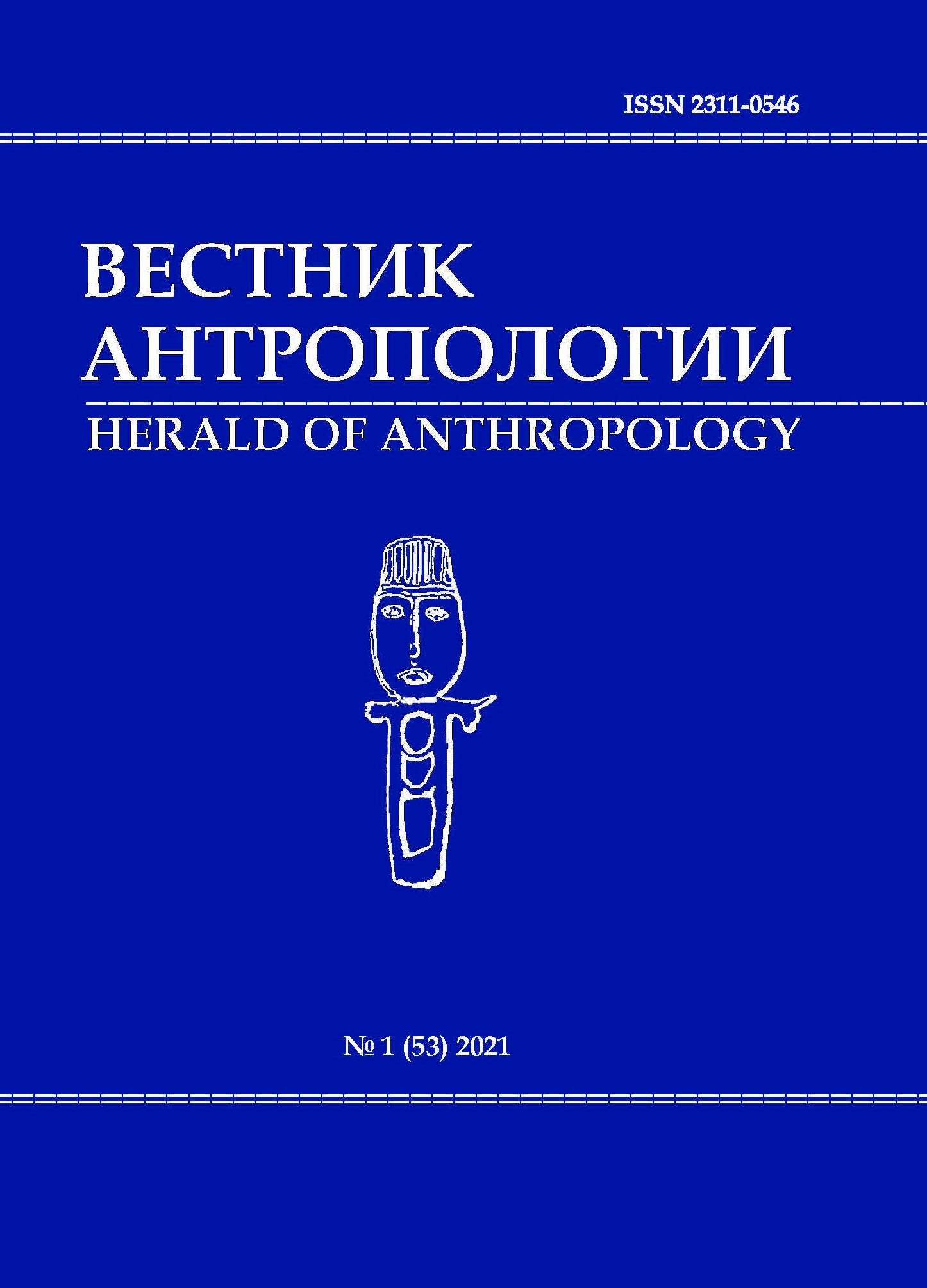Ю.В. Бромлей: новое слово в науке, услышанное в Европе
DOI: 10.33876/2311-0546/2021-53-1/24-32
Ключевые слова:
Ю.В. Бромлей, теория этноса, автоэтнография, европейские реалии, меньшинства, «нации без государства», актуальностьАннотация
В статье, посвященной памяти Ю.В. Бромлея и приуроченной к 100-летию со дня его рождения, автор, прибегая к личным воспоминаниям и в целом к жанру автоэтнографии, отслеживает «каналы» проникновения в 80-е гг. ХХ в. в Европу основных положений разработанной ученым теории этноса. Внимание, в частности, уделяется отдельным фигурам или центрам европейского научного мира, проявившим интерес к наработкам Ю.В. Бромлея и внесшим свой вклад в дело их популяризации. В первую очередь отмечаются те исторические, социальные, культурные, политические, идеологические реалии Европы (усиление регионализма, демократизация и радикализация европейского климата, интенсификация борьбы «миноритарных народов» и лингвистических, культурных, религиозных меньшинств за расширение своих прав, феномен массового пробуждения их самосознания и поиска идентичности, оформление концепта «наций без государства», «вызревание» Европейской хартии региональных языков или языков меньшинств (1992 г.), начало процесса изменения законодательств европейских стран в отношении «малых народов» и т.д., которые обусловили интерес к отдельным категориям и концептам теории этноса (таким, как этническое самосознание, этнонимы, общность территории, этническая культура, этникос и т.д.) и их востребованность как ответов на «вызовы времени».
Ссылка при цитировании: Фаис-Леутская О.Д. Ю.В. Бромлей: новое слово в науке, услышанное в Европе // Вестник антропологии, 2021. № 1 (53). С. 24–32.
Загрузки
Опубликован
Версии
- 19.03.2021 (2)
- 18.03.2021 (1)






















